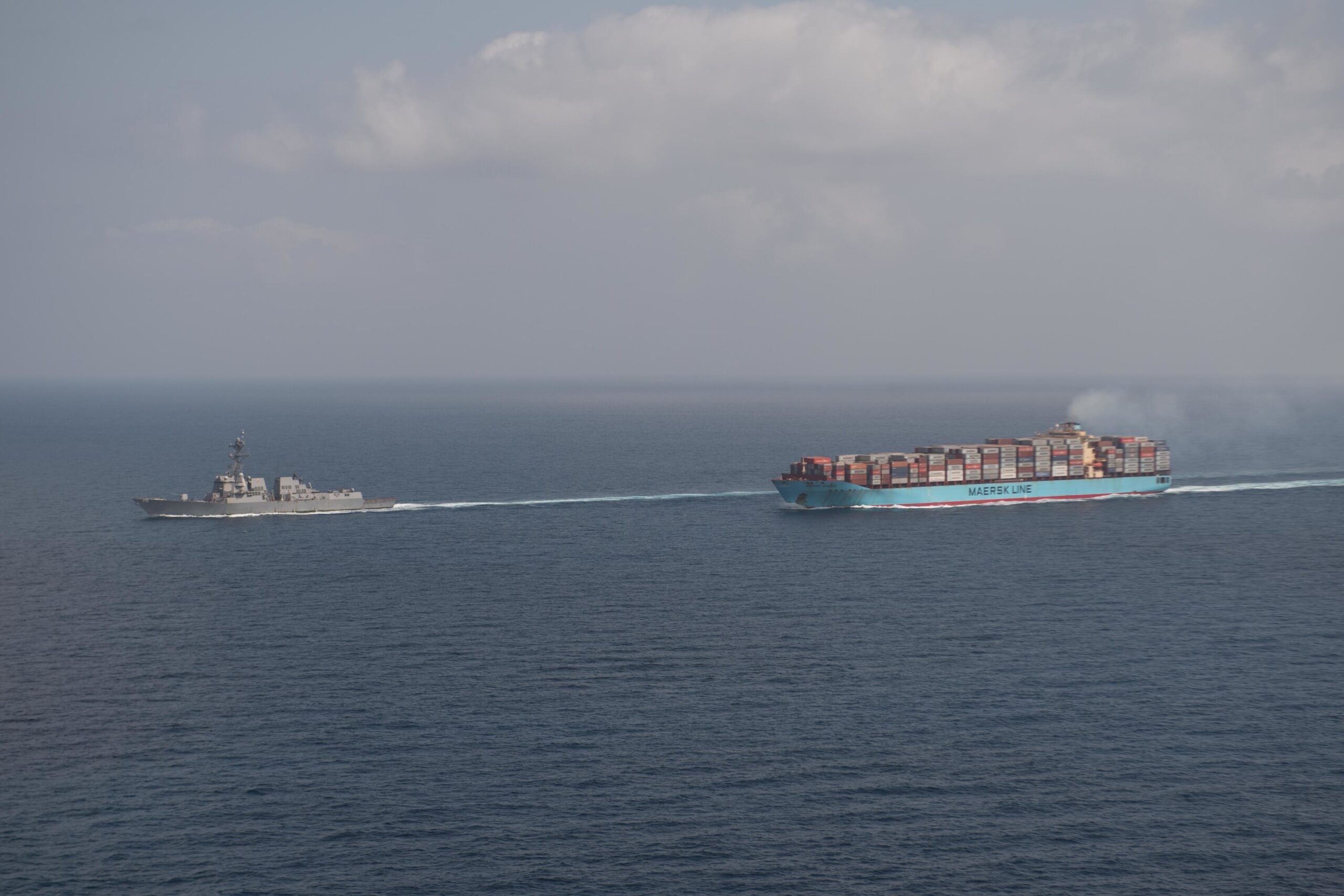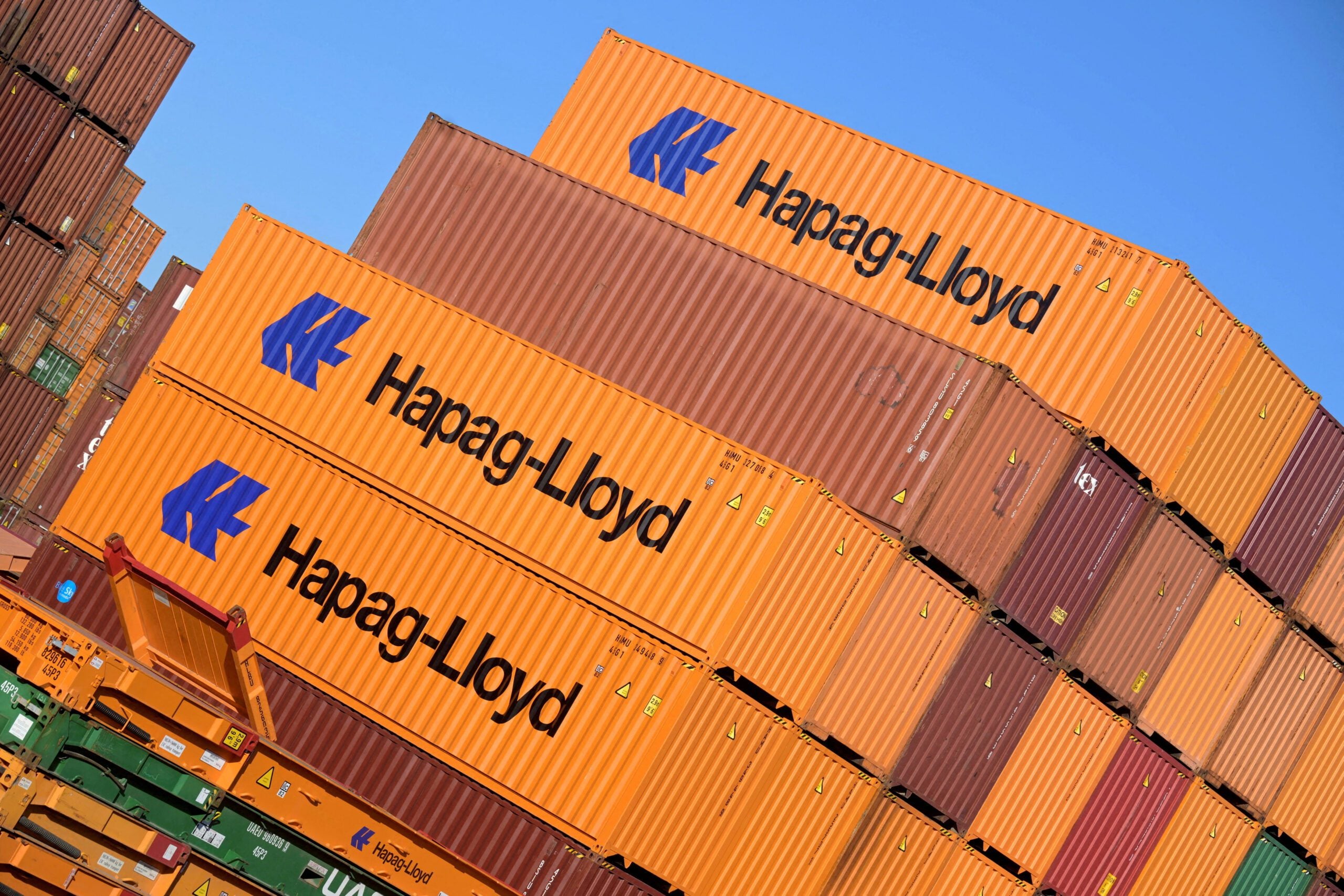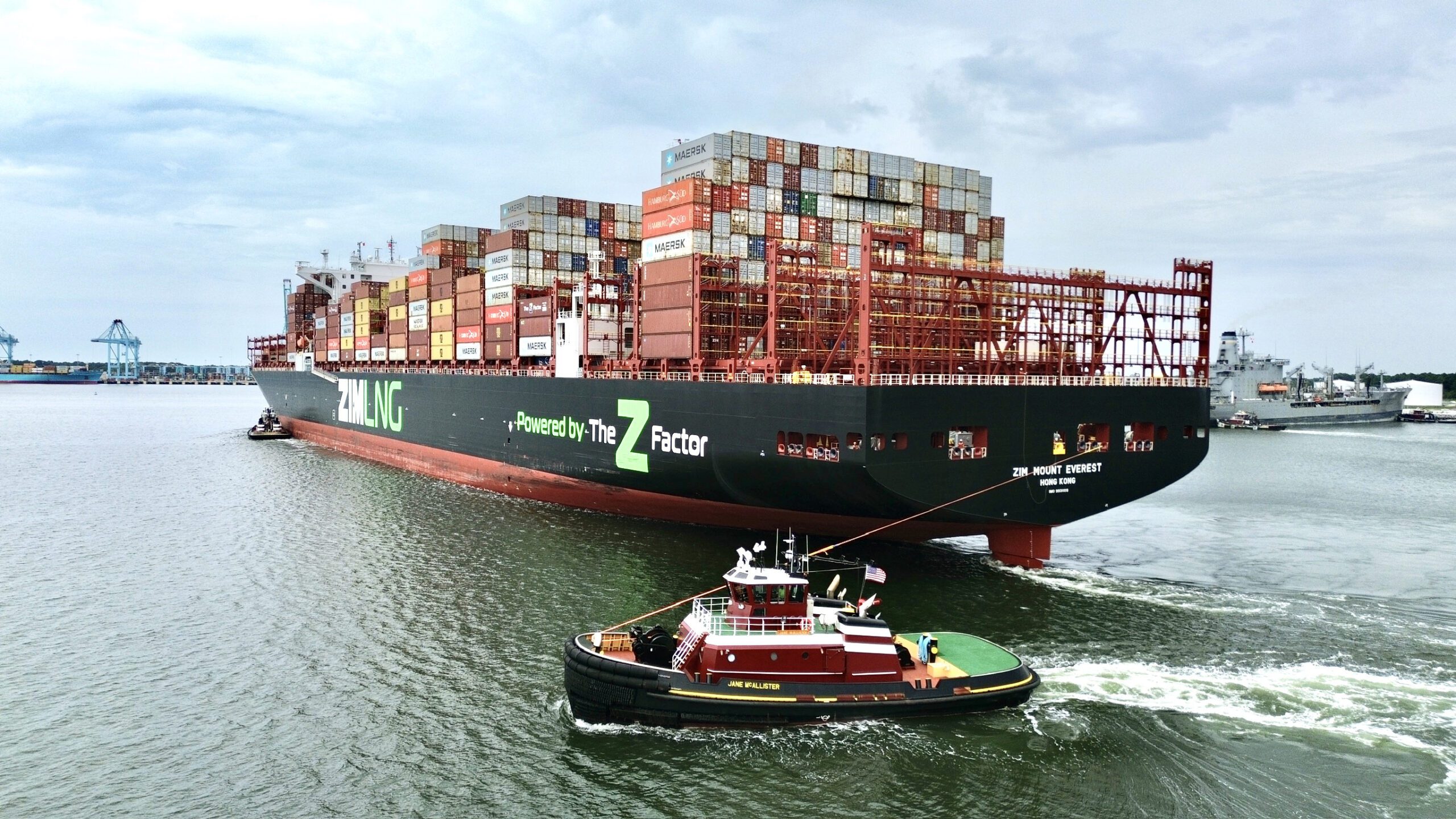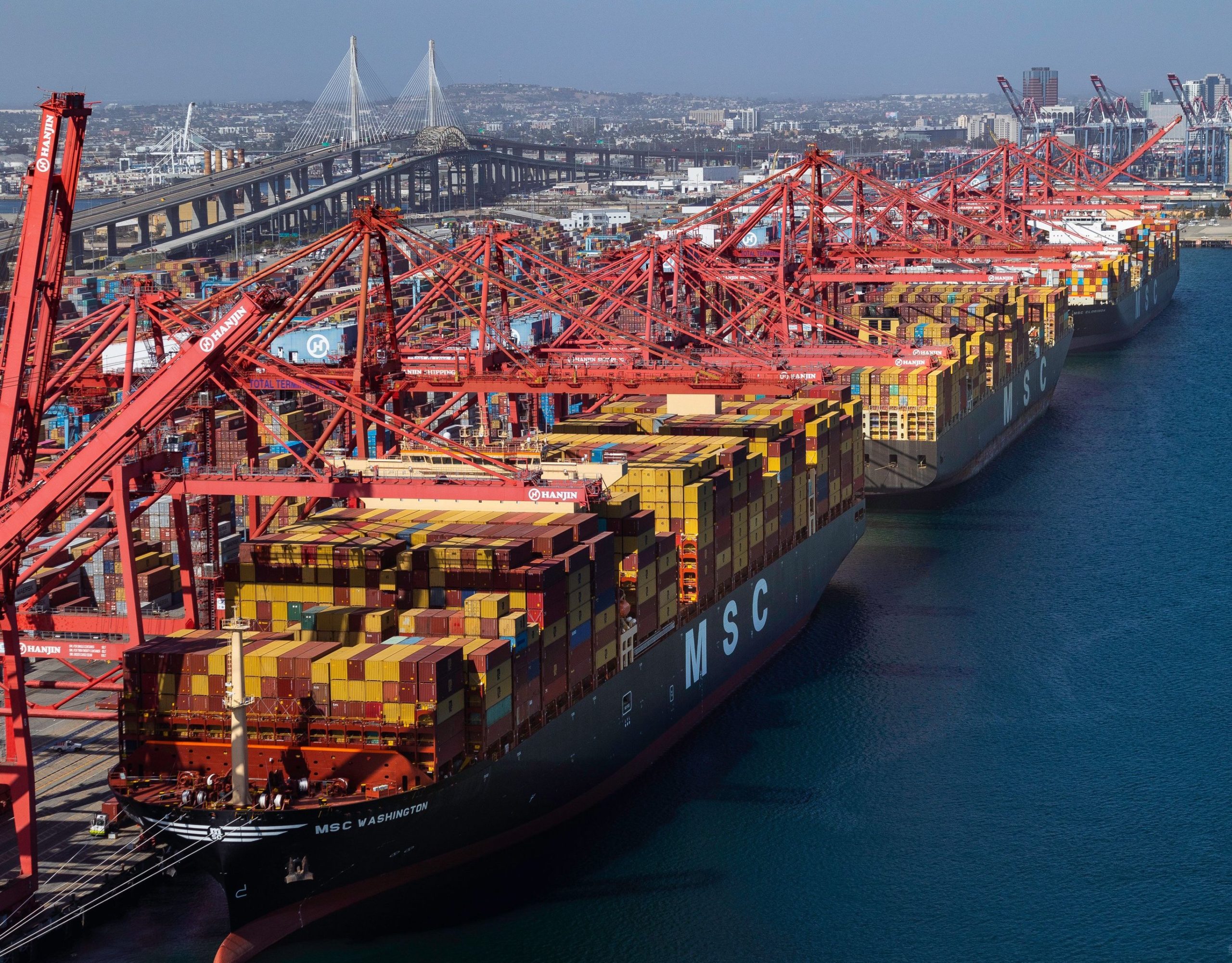By Alexander Whiteman (The Loadstar) – Commercial shipping in the Middle East may face a new threat after a wave of Israeli attacks against Iran’s military and nuclear leadership further destabilised the already volatile region, with concerns rising over a potential blockade of the Strait of Hormuz.
Noting the Tehran government had yet to set its sights on shipping in Hormuz – a waterway Dubai depends upon – the UK Maritime Organisation (UKMTO) nonetheless warned of the potential for a “rapid escalation in tensions” with Iran retaliating with a drone attack on Israel.
“The situation remains highly volatile,” the communique said.
“At present, there is no direct evidence that commercial shipping is being targeted. However, given the proximity of regional flashpoints to major maritime routes and chokepoints, the potential for rapid escalation involving the maritime environment should not be discounted.
“Additional threats from non-state actors such as the Houthis, who have publicly stated their intent to respond if the US is perceived to be involved, also increase the risk of a broader regional impact,” it added.
Early suggestions are that Tehran would be unlikely to move for a full blockade, or one that interfered with oil tankers – an industry it depends upon. But given its continuing refusal to release the MSC Aries, seized by the Iranian military on 15 April 2024 and which is owned by the Israel-linked non-operating shipowner Zodiac Maritime, the prospects for container vessels seem less assured.
However, Vespucci Maritime CEO Lars Jensen told The Loadstar: “A full closure of the Strait of Hormuz is unlikely.”
In the aftermath of the MSC Aries seizure, global carriers sought to redeploy Israel-linked vessels away from the region.
However, Mr Jensen added that the risks did not end there.
“But, as seen in the Red Sea, a credible threat is sufficient to push more risk-averse commercial companies to avoid an area – all it takes is a few successful attacks and then demonstrate a capability to do it again.
“The Red Sea diversions happened after just a few containerships got attacked in mid-December 2023 – this is all it took to start the diversions which are continuing.
“Just as the Red Sea this will not close access to everyone – local shipping lines, not targeted, will increase their share,” he explained.
The full-blown closure of the Straits of Hormuz would have a huge impact on container supply chains, as it would effectively cut off the transhipment hubs of Dubai and Abu Dhabi, and sever the export and import routes of Gulf gateway ports in Saudi Arabia, Qatar, Bahrain, Kuwait, and Iraq
According to the eeSea liner database, Dubai’s Jebel Ali terminals service 132 liner services – 30 of which are intra-Persian/Middle East Gulf feeders, with the remainder passing through Hormuz. Abu Dhabi hosts 55 services, 13 of which are intra-Persian/Middle East Gulf feeder strings – both ports also serve as a critical transhipment for a wide range of deepsea trades.
The lesser-used Khor Fakkan port in Sharjah hosts four services, one of which is a feeder.
Xeneta chief analyst Peter Sand said a possible closure of Hormuz would likely see freight rates spiral upwards.
“Any closure of the Strait of Hormuz would see services re-routed, with increased reliance on Indian west coast ports for connecting the Far East to Indian sub-continent. The inevitable disruption and port congestion, as well as the potential for higher oil prices, would cause a spike in ocean freight container shipping rates, with carriers likely also pushing for a ‘security surcharge’ on these trades.
“This escalation also makes a large-scale return of containerships to the Red Sea seem less likely, a situation which continues to have a major impact on ocean container shipping rates 18 months after Houthis began attacking vessels in the region,” he added.
Indeed, in the Red Sea, the strikes ordered by Benjamin Netanyahu come amid a seeming reorientation of Houthi policy, the Iran-backed militia having said last month that it would not target commercial vessels without links to Israel using the Suez Canal.
However, that shift came with caveats, including an intent to respond to any perceived US involvement in the region – the Iranian government has alleged US involvement in last night’s Israeli strikes.
The Loadstar is known at the highest levels of logistics and supply chain management as one of the best sources of influential analysis and commentary.
Editorial Standards · Corrections · About gCaptain

 Join The Club
Join The Club











